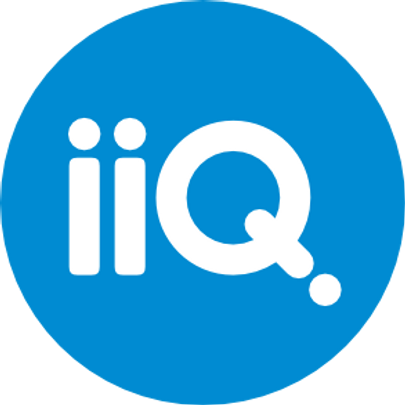Google’s Privacy Sandbox Initiative
Google had announced its own solution for the new cookie-less world they are themselves imposing, the Privacy Sandbox. This Privacy Sandbox, presumably, is designed to be a compromise between individual privacy and the marketing needs of businesses. It will group internet users with similar browsing patterns together, as opposed to individually. It will allow businesses to target ads to relevant audiences, but these will be groups of people instead of individuals.
While the Privacy Sandbox is presented by Google as a step toward increased individual privacy, it’s also a step in the wrong direction. It poses a very real threat to businesses of all types within the AdTech ecosystem, since it’s obvious that targeted group ads are not the same as individual ads. Moreover, it gives Google an incredible amount of power over information while diminishing the power of smaller companies. As for users, they will still have no say in the matter of their own privacy and will be left powerless. And so, the outcome of the Privacy Sandbox has very little to do with safeguarding users’ privacy, and a lot to do with strengthening Google’s power over everyone else in the industry.
The Intent IQ Solution Data Sharing Choices (DSC)

Intent IQ (IIQ) has devised a simple, elegant solution to the post-third-party-cookies world, that will empower all industry players while promoting individual privacy.
IIQ’s Data Sharing Choices (DSC) is a simple, standardized invitation to opt-in to data sharing, giving users the choice to approve or deny a site permission to share their anonymous ID. This solution helps the open internet thrive, as opposed to giving Google and other big tech companies even more power than they already have.
Benefits of DSC include:
Anonymity
Empowerment
DSC empowers users, publishers, advertisers and the AdTech industry as a whole. Users, because it gives them a choice to opt-in to anonymized advertising that funds their free access to content and manage their cookie preferences. Publishers, as it enables them to continue and rely on targeted advertising, which is the main revenue driver for the vast majority of them, while protecting them from data leakage. Advertisers, as it provides them with additional choices beyond advertising just within the Google walled garden while giving Google their valuable first party data on the way. AdTech companies will be empowered by enabling them to continue their independence, which contributes to healthy competition, while denying Google of the monopolizing power it will gain should Privacy Sandbox be adopted.
No Email log-in is Required
Users who wish to allow a site to collect their anonymous ID don’t need to provide an email address or any other personal data. There is an “Accept” button they can click, and that’s it.
Puts Users and Regulators at Ease
The premise of giving users the choice to opt-in can put users’ minds at ease, because they know their data is not being shared without their consent. This will also appease regulators, who are cracking down on internet privacy.
Higher Coverage
Preserving the Free Internet/Keeping the Internet Free
The privacy of the individual is a worthy cause, no doubt about it. But removing third-party cookies in one fell swoop is arguably not the solution and puts the free internet at risk. It would prompt paid content providers to charge more, burden users with putting in their email addresses, and empower big tech companies with first-party cookies at hand.
IIQ’s DSC addresses these issues by putting the choice in the hands of each individual, thereby maintaining user privacy, the diverse AdTech ecosystem, and the free internet.
For more information let’s talk!